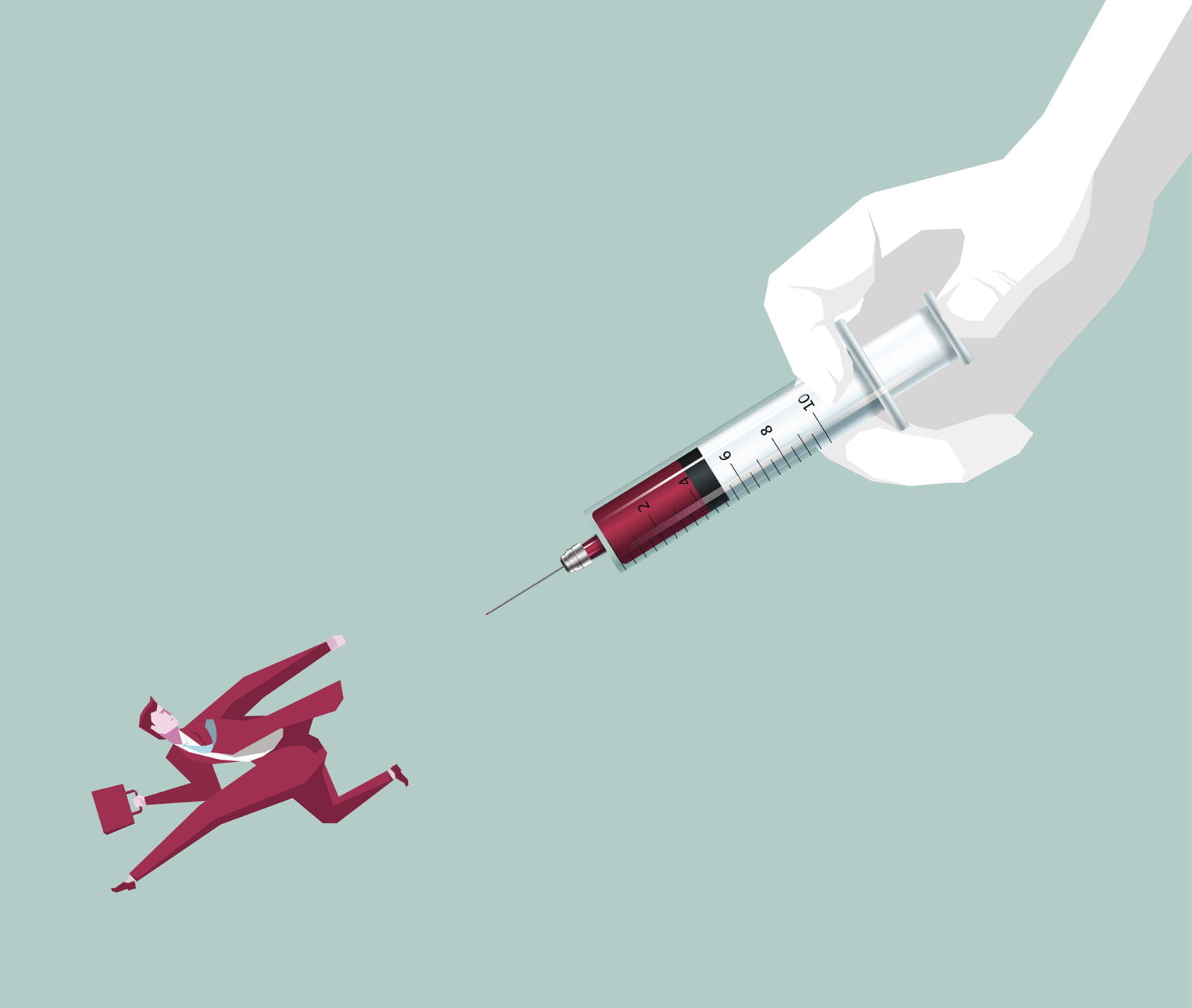People grapple with security concerns daily. Millions of Americans are victims of stalking each year. According to the National Center for Victim Research, as much as 10 percent of America’s adult population are victims of identity theft. Other common crimes include robbery, assault, and vandalism.
Potential safety threats can cause fear. Usually, fear is healthy because it activates instincts to help you cope with threats or remain vigilant and avoid significant risks. However, some people experience abnormal fears that cause mental health issues that can disrupt their daily lives. How can you tell whether you’re experiencing healthy fear or paranoia? Let’s explore these conditions, ways to cope with mental health challenges, and how you can reduce your security threats.
Healthy Fear and Phobia

Valid safety concerns typically activate healthy fear. Suppose you plan to go for a walk and know some people recently had their wallets or purses stolen while walking in your neighborhood. You might remove cash and credit cards from your wallet, put your wallet in a zippered pocket, and carry pepper spray to ensure you have a way to defend yourself. You may also opt to wear spy camera glasses to ensure you have physical evidence if someone tries to rob you. These are reasonable safety precautions.
Paranoia is a mental health condition that inhibits you from trusting individuals. Paranoia isn’t based on actual events. Instead, the person suffering from paranoia projects and believes things that aren’t true. Sometimes, paranoia’s triggered by anxiety. Suppose your company’s dealing with financial losses. Your anxiety about your job security could trigger workplace paranoia, causing you to fear coworkers are plotting against you to get you fired.
Phobias are anxiety disorders, including arachnophobia and claustrophobia. Like paranoia, symptoms of phobias include persistent fear. However, people with phobias don’t assign blame, while people with paranoia typically identify people they blame for their alleged situation.
Diagnosis and Treatment

Mental health professionals, such as psychiatrists and psychologists, have the skills and training required to treat people with mental health issues. Psychiatrists are medical doctors, while some psychologists begin their careers with a master’s degree in psychology. Clinical psychologists identify and treat people affected by a behavioral, emotional, or mental illness. A substance abuse counselor or social worker may also provide counseling to help you cope with addiction caused by your condition. Counselors can help you with stress management, but you may need to see a psychiatrist if medication management’s part of your treatment plan.
When you’re struggling with fear, a mental health professional can determine whether you’re dealing with everyday fears, phobias, or paranoia. Use the Therapy Group of DC’s “psychologist near me” tips to find a licensed therapist in your location. It’s crucial you consider the therapies offered and which type of therapy you need. Verify the therapist is covered by your insurance plan before scheduling your initial consultation.
Security Measures

A therapist with years of experience may help you develop strategies to cope with various mental health challenges, including post-traumatic stress disorder (PTSD). Still, there are some practical measures you can take to increase your security and manage your fears. Installing a security system is an excellent option because you’ll have an alarm system in place to alert you to potential threats.
When choosing between security cameras, you can opt for a network video recorder (NVR) or digital video recorder (DVR). Consider the pros and cons of the NVR vs DVR security system to ensure you get the best system for you. Some pros of NVR systems include superior picture quality. DVR cameras offer easy installation and cost less. Talking to security system installation experts can help you determine which system is ideal for your security needs.
Fear is natural, but it can turn into paranoia when it isn’t based on life situations. Mental health professionals can determine whether you’re affected by healthy fear or paranoia. Taking security precautions can help alleviate your fears.




